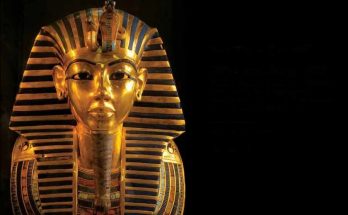End of late-night radio monopolies. Night-time also proved to be a playground for exploring the night in all its dimensions, and for radio creativity. Inventive and pioneering programmes were launched on the after-dark airwaves, with an almost complete freedom of tone and form, in contrast to the daytime broadcasts. An example of this is Nuits magnétiques (Magnetic nights), launched in 1978 on the public Radio France’s France Culture, which mixed the personal revelations of celebrities with those of ordinary people, in an experimental and musical, often psychedelic, sound atmosphere.
At the same time, French pirate radio stations also extensively used the night to go on the air, bypassing the state radio monopoly that had been established in 1945 – in the same way as the British or Italian pirate stations, such as Radio Alice in Bologna, had.
But the glorious hours of night-time radio seem to be long gone. The emergence of twenty-four hour television in the late 1980s contributed to the reduction of the importance and excitement of night-radio programmes – which, until then, had a monopoly on nocturnal talk shows. Moreover, with the advent of the internet and the development of podcasts in the mid-2000s, it became possible to listen to radio on demand, disconnected from live real time.
Because of budget cuts, radio stations have chosen to replace their live broadcasts after midnight with automated music or repeats from the previous day. Yet, at night, radio voices offered listeners a presence, keeping them company in a way that has not been replaced by the communication possibilities offered by the internet and social networks.
The overabundance of images on television or online also contrasts with radio’s lack of images – which appeals to the imagination of listeners, triggering particularly strong sensations at night, and giving people the impression that the radio voices are speaking only to them.
Some radio stations still provide live late-night broadcasts. Spain’s public radio network RNE’s Radio 3 invites listeners to explore night-related themes in Todos somos sospechosos. BBC Radio 5 Live offers Up all night, in which Rhod Sharp and other hosts present news, interviews and stories from around the world between one a.m. and five in the morning. A few web radios – and even an app, Call in the Night, an experimental radio show and telephone network which has listeners talking about their dreams – still occupy the night-time slot. After all, who says the night is just for sleeping?
Views: 18



